Conference to review the implementation of Decision No. 1252/QD-TTg dated September 26, 2019 of the Prime Minister and recommendations of the Human Rights Committee dated November 19, 2024 in the former Ha Nam province. (Photo: Organizing Committee) |
This is an opportunity for Vietnam to report on its efforts and achievements in implementing the Convention, while demonstrating a spirit of open and receptive dialogue and continuing to improve human rights policies.
Adopted by the United Nations General Assembly on December 16, 1966 and effective since 1976, the ICCPR is one of the most important international human rights instruments, including fundamental rights such as the right to life, freedom of speech, freedom of assembly, the right to vote, and the right to a fair trial. On September 24, 1982, Vietnam officially became a member of the Convention.
Since then, Vietnam has made continuous efforts to materialize its international commitments through legal reform, policy development and improvement, and ensuring that civil and political rights are recognized and implemented in practice. The 2013 Constitution provides an important legal foundation for human rights. Chapter II of the Constitution stipulates human rights and citizens' rights, reflecting the core principles of the ICCPR such as equality before the law, freedom of speech, freedom of assembly, and the right to vote.
These contents are specified in many legal documents. Regarding the right to freedom of speech, stipulated in Article 19 of the ICCPR, Vietnam has specified in the 2016 Law on Access to Information and the 2018 Law on Cyber Security. These documents create a legal corridor for citizens to access information from state agencies in a transparent manner, exercise the right to freedom of speech in cyberspace, and at the same time prevent acts of abusing this right to spread false information and cause social instability. Propaganda and dissemination programs on the law on freedom of speech are widely deployed by local authorities and relevant levels and sectors through leaflets, radio broadcasts, seminars, talks, etc.
Regarding the right to vote, as stipulated in Article 25 of the ICCPR, in 2015 Vietnam issued the Law on Election of Deputies to the National Assembly and People's Councils, which stipulates that citizens are entitled to participate in elections and run for election, regardless of gender, ethnicity, or religion. Thanks to that, elections for deputies to the National Assembly and People's Councils at all levels are held periodically and transparently, with voter turnout always at a high level.
In the election of deputies to the 14th National Assembly (May 22, 2016) and the 15th National Assembly (May 23, 2021), the rate of voters nationwide participating reached more than 98%. This reflects the active and responsible participation of the people in political life. It can be affirmed that Vietnam's efforts in internalizing the ICCPR are suitable to socio-economic conditions and cultural traditions, creating a solid legal foundation for the implementation of civil and political rights.
Over the past 40 years since joining the ICCPR, Vietnam has made remarkable achievements in ensuring civil and political rights, as demonstrated by legal reform activities, national target programs and policies promoting human rights. In the 2019-2025 period alone, from the 143rd Session (March 2019) to the 144th Session (July 2025), Vietnam has promulgated and amended many important legal documents demonstrating its commitment to gradually reducing the application of the death penalty, in line with international trends and Article 6 of the ICCPR.
Recently, the Law on Amendments and Supplements to a Number of Articles of the Penal Code, effective from July 1, 2025, has abolished the death penalty for eight crimes, including: Crime of activities aimed at overthrowing the people's government; crime of espionage; crime of sabotaging the material and technical facilities of the Socialist Republic of Vietnam; crime of manufacturing and trading in counterfeit medicines and preventive medicines; crime of illegal transportation of narcotics; crime of embezzlement of property; crime of accepting bribes; crime of sabotaging peace and waging aggressive wars. Those sentenced to death for the eight crimes mentioned above before July 1, 2025 will not have to serve their sentences and will be transferred to life imprisonment.
The 2019 Law on Juvenile Justice and the Law on Prevention and Combating Human Trafficking (amended) taking effect from July 1, 2025 strengthen measures to protect vulnerable groups, ensuring the right to a fair trial and the right to personal safety.
National target programs for the period 2021-2025, such as: The Master Plan for Socio-Economic Development of Ethnic Minority and Mountainous Areas for the period 2021-2030 (Resolution No. 88/2019/QH14 of the National Assembly, issued on November 18, 2019) focus on 10 component projects, promoting the right to self-determination and ethnic equality in accordance with Articles 1 and 25 of the ICCPR.
When implemented, projects supporting land, housing, and domestic water; developing education and healthcare; and gender equality have significantly improved people's lives and created opportunities for people to quickly access information and encouraged participation in socio-political activities.
Or the national target program for sustainable poverty reduction for the 2021-2025 period (Decision No. 90/QD-TTg of the Prime Minister, issued on January 18, 2022) prioritizes poor households, enhances the right to life and social security, especially in disadvantaged areas.
Timely policies issued to meet the requirements of the new stage play an important role in promoting human rights, especially in ethnic minority and mountainous areas.
The dissemination and popularization of laws on civil and political rights has been continuously promoted. On September 26, 2019, the Prime Minister issued Decision No. 1252/QD-TTg approving the Plan to enhance the effective implementation of the International Covenant on Civil and Political Rights and the recommendations of the United Nations Human Rights Committee.
Conferences, workshops, and training courses on ICCPR are held nationwide with the participation of ministries, sectors, localities, and the community, gradually raising awareness among all classes of people, while helping authorities enforce the law more effectively, creating an important foundation for the rights stipulated in ICCPR to be vividly realized in life.
Vietnam's efforts in implementing the ICCPR have received positive recognition from the international community and domestic experts. The United Nations Human Rights Committee, in its recommendations following the 3rd Dialogue Session in 2019, acknowledged Vietnam's progress in improving its legal framework and implementing rights such as freedom of religion, the right to a fair trial, and the right to gender equality.
Notably, at the Universal Periodic Review (UPR) cycle IV (September 2024) of the United Nations Human Rights Council, the Human Rights Council approved Vietnam's National Report with 271 out of 320 recommendations, reaching a rate of 84.7%, the highest in 4 cycles. Many countries expressed their agreement and appreciation for Vietnam's achievements in ensuring human rights, including civil and political rights.
Despite its achievements, Vietnam still faces a number of distorted and negating arguments about its efforts to implement the ICCPR. Some extremist and ill-intentioned organizations and individuals, based on biased and inaccurate information, accuse Vietnam of violating freedom of speech, arbitrary detention, and restricting the right to assembly. They claim that Vietnam restricts freedom of speech, especially in cyberspace. However, the reality shows that Vietnamese people are free to participate in social networks and express their views and opinions within the framework of the law.
According to the Digital Vietnam 2025 Report by We Are Social & Meltwater, by early 2025, Vietnam had 79.8 million internet users, with 78.8% of the population having online connections. The 2018 Cybersecurity Law only prevents acts of abusing freedom of speech to spread false information, incite violence, or cause social instability. Some violations that have been handled in the past have all been handled in accordance with legal procedures.
Another allegation that Vietnam arbitrarily detains individuals without specific evidence and without considering current legal provisions is false. The 2015 Criminal Procedure Code (amended and supplemented in 2021) clearly stipulates that every individual who is arrested has the right to be informed of the reasons, the right to have a lawyer, and the right to a fair trial. Vietnam’s pro bono legal aid system supports many cases, especially vulnerable groups, in line with the rights protected under Articles 9 and 14 of the ICCPR.
The information and evidence presented in the report as well as the dialogue session will be a clear answer, refuting false information about the human rights situation in Vietnam. Deputy Minister of Justice Nguyen Thanh Tinh |
The above examples partly show the lack of objective views and assessments of some organizations and individuals, aiming to deny Vietnam's continuous efforts in implementing the ICCPR. However, the vivid evidence in Vietnam's socio-economic development, legal reform, and international commitments is the most convincing evidence for the achievements and political determination of our Party and State in ensuring and promoting civil and political rights, in accordance with the international treaties to which Vietnam is a party.
Deputy Minister of Justice Nguyen Thanh Tinh said: "The information and evidence presented in the report as well as the dialogue session will be a clear answer, refuting false information about the human rights situation in Vietnam."
With the results achieved, we confidently affirm that Vietnam is always an active and responsible member in implementing the ICCPR Convention. From strong reforms in law-making, implementing national target programs in line with the requirements of the new period, and strengthening inter-sectoral coordination, Vietnam fully meets its international obligations, while aiming for a higher goal: Building a fair, democratic and prosperous society, firmly entering the new era. We also need to frankly acknowledge that currently, ensuring civil and political rights still faces many difficulties and challenges, but Vietnam always demonstrates a spirit of openness, listening to valid opinions and suggestions, and continuing to improve human rights policies.
According to comrade Nguyen Thanh Tinh, Vietnam participated in the dialogue session “in the spirit of openness and receptiveness to the issues raised to absorb and continue to promote the contents that we have implemented well. At the same time, we have an appropriate approach to promote more effective implementation of the Convention”. Protecting and promoting human rights is the goal of our Party and State, creating momentum for the country's sustainable development.
According to nhandan.vn
Source: https://huengaynay.vn/chinh-tri-xa-hoi/viet-nam-quan-tam-bao-dam-cac-quyen-dan-su-chinh-tri-155437.html



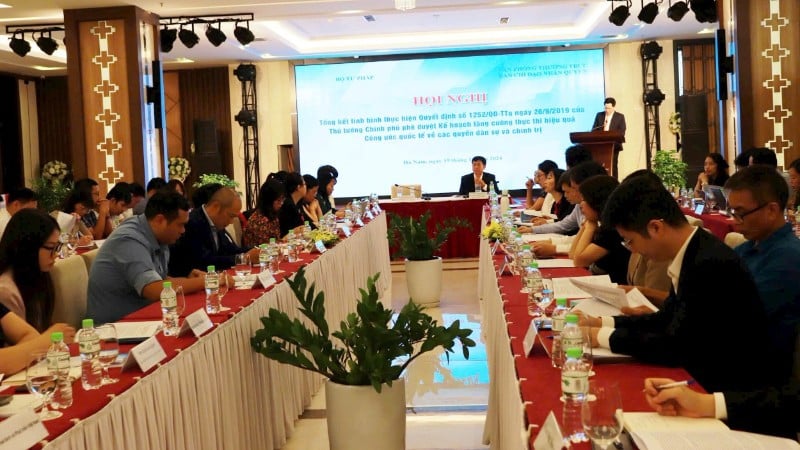
![[Photo] Red flag with yellow star flutters in France on National Day September 2](https://vphoto.vietnam.vn/thumb/1200x675/vietnam/resource/IMAGE/2025/8/28/f6fc12215220488bb859230b86b9cc12)
![[Photo] Politburo works with the Standing Committee of Cao Bang Provincial Party Committee and Hue City Party Committee](https://vphoto.vietnam.vn/thumb/1200x675/vietnam/resource/IMAGE/2025/8/28/fee8a847b1ff45188749eb0299c512b2)
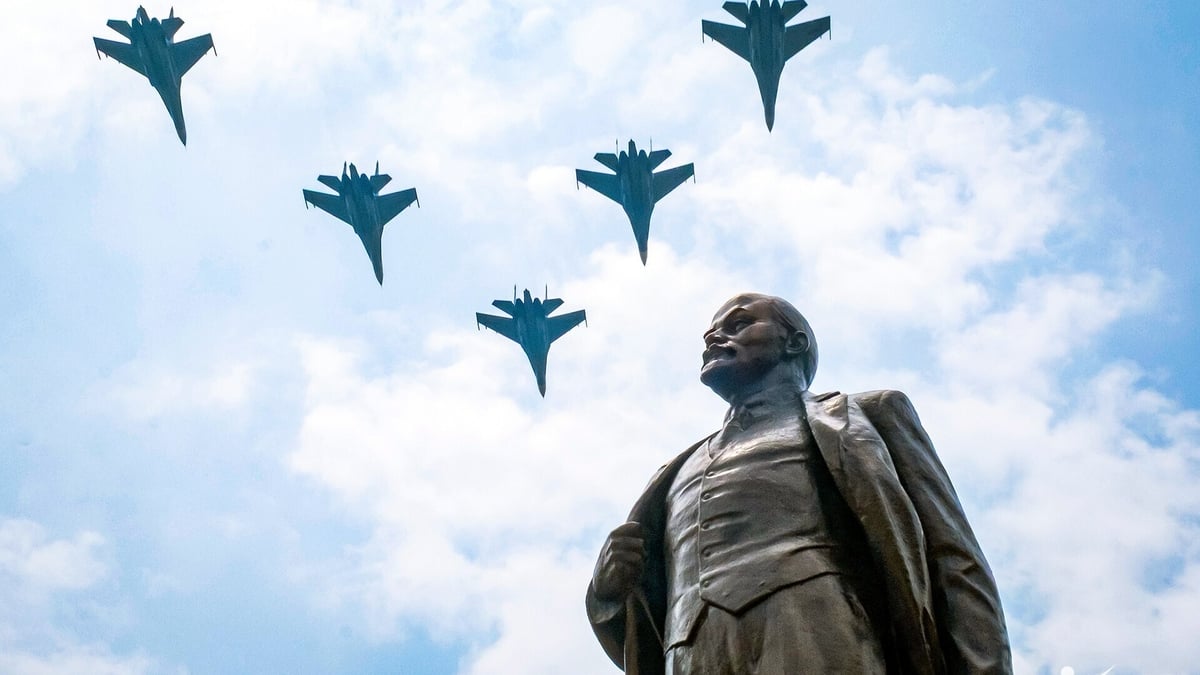
![[Photo] Prime Minister Pham Minh Chinh meets with Speaker of the New Zealand Parliament Gerry Brownlee](https://vphoto.vietnam.vn/thumb/1200x675/vietnam/resource/IMAGE/2025/8/28/cec2630220ec49efbb04030e664995db)
![[Photo] General Secretary To Lam presents the 45-year Party membership badge to comrade Phan Dinh Trac](https://vphoto.vietnam.vn/thumb/1200x675/vietnam/resource/IMAGE/2025/8/28/e2f08c400e504e38ac694bc6142ac331)

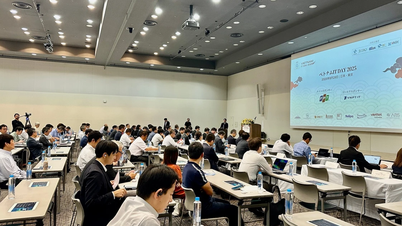

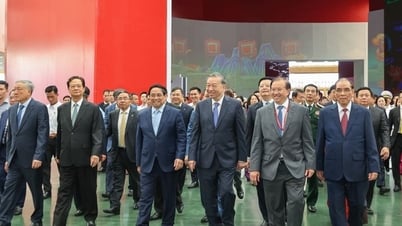






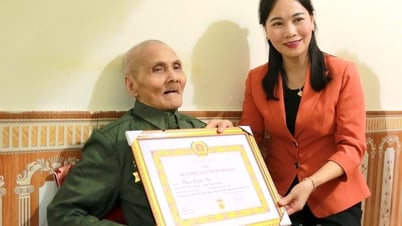

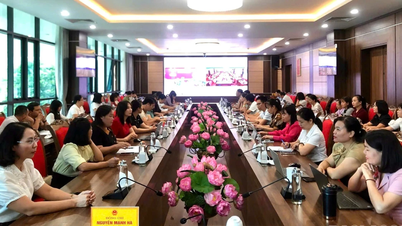

![[Motion Graphics] Resolution on breakthrough in education and training development](https://vphoto.vietnam.vn/thumb/402x226/vietnam/resource/IMAGE/2025/8/29/0cbd539b47f845e1b59e90f16ff0406b)

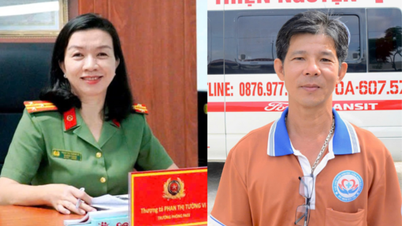



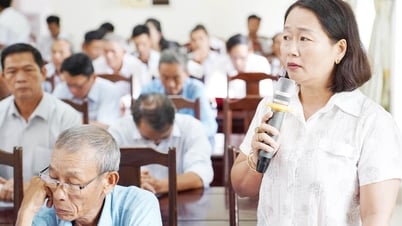
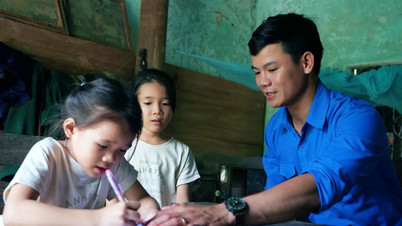







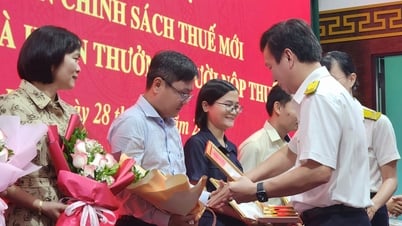

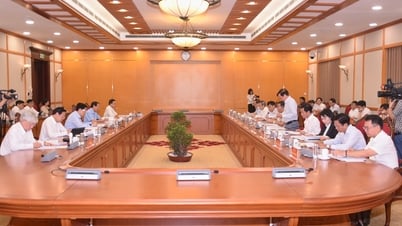
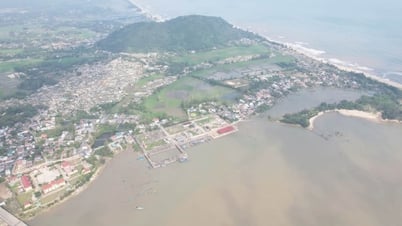



























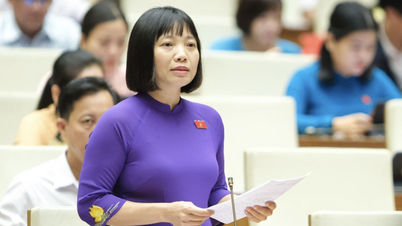







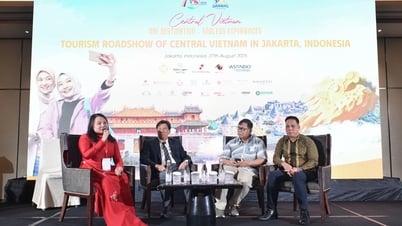














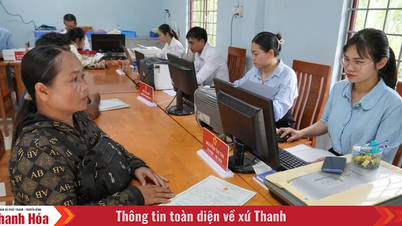













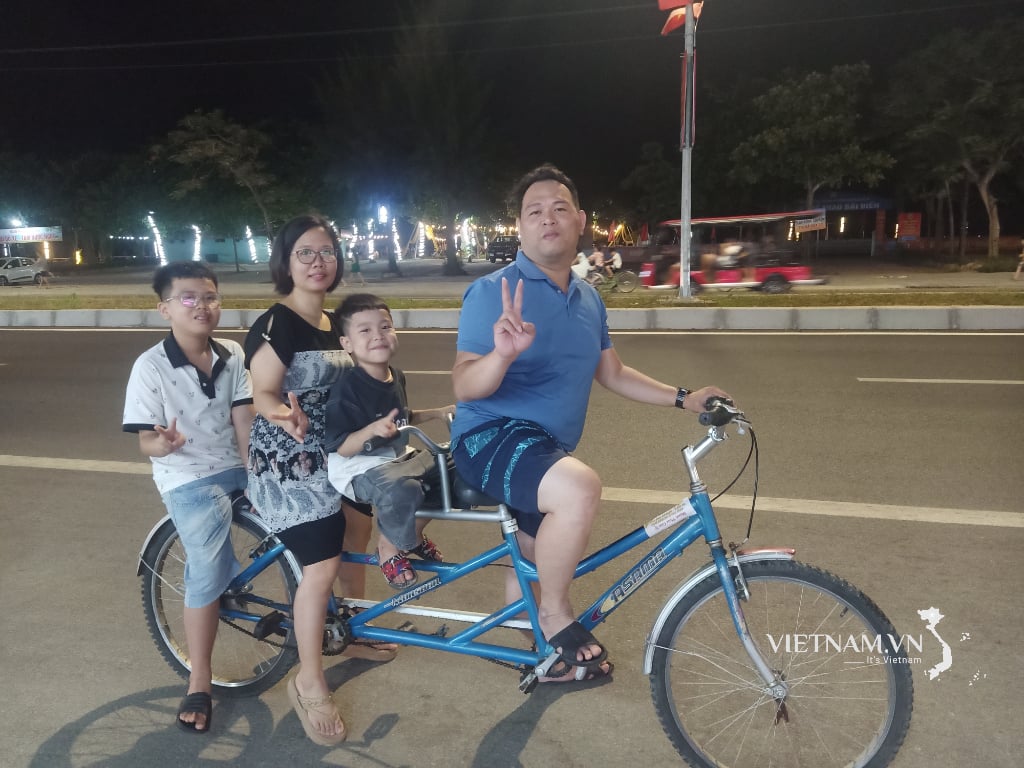
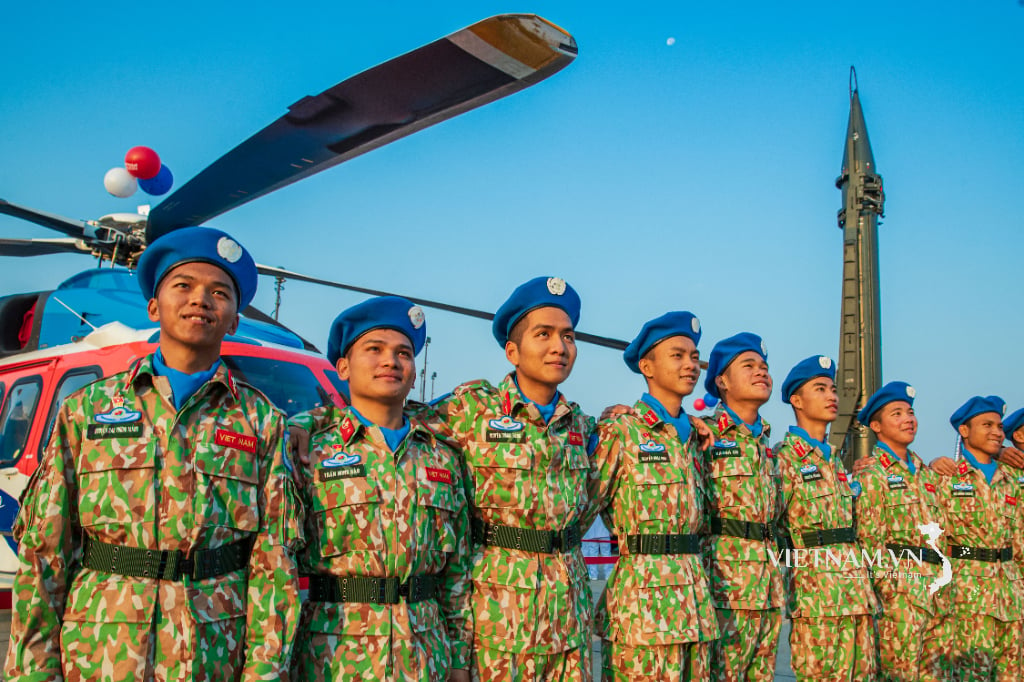
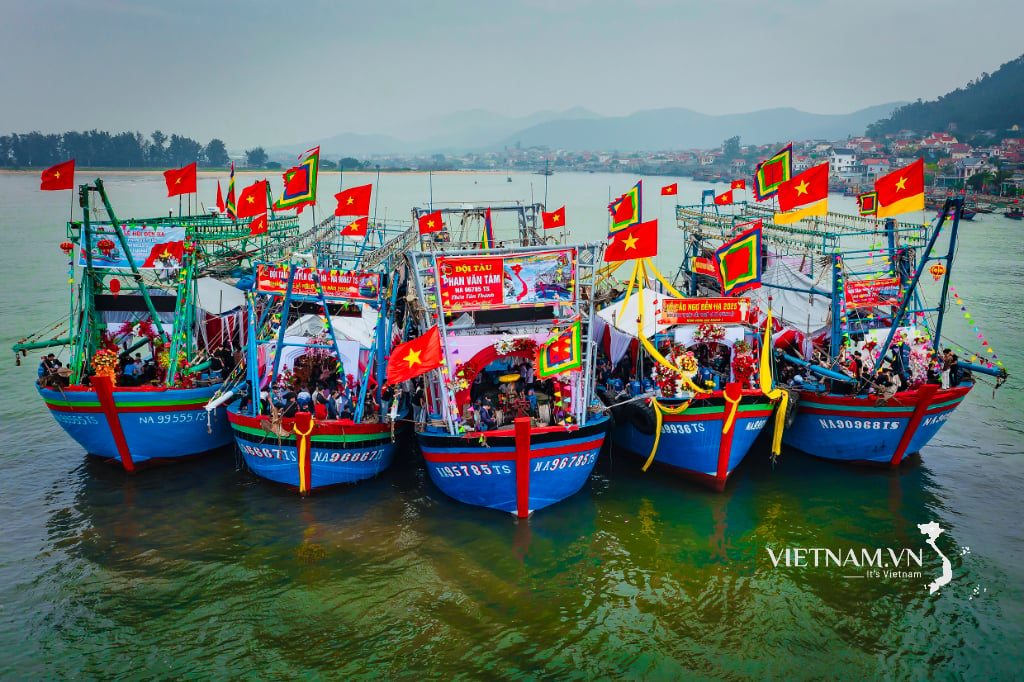

Comment (0)